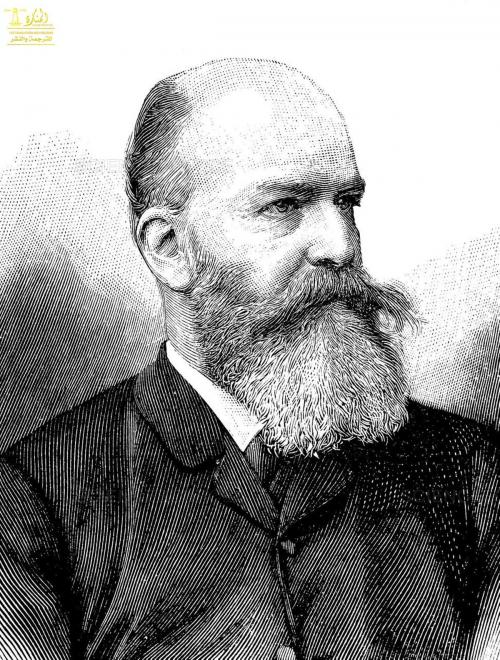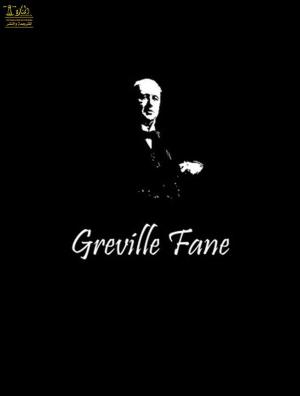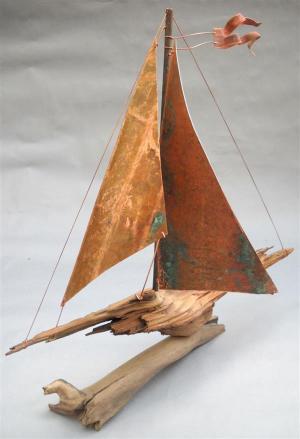The Complete Historical Novels Of Georg Ebers
Nonfiction, Entertainment, Drama, Anthologies, Fiction & Literature, Literary Theory & Criticism| Author: | Georg Ebers | ISBN: | 9780599443037 |
| Publisher: | Lighthouse Books for Translation Publishing | Publication: | June 20, 2019 |
| Imprint: | Lighthouse Books for Translation and Publishing | Language: | English |
| Author: | Georg Ebers |
| ISBN: | 9780599443037 |
| Publisher: | Lighthouse Books for Translation Publishing |
| Publication: | June 20, 2019 |
| Imprint: | Lighthouse Books for Translation and Publishing |
| Language: | English |
The earlier editions of “Uarda” were published in such rapid succession, that no extensive changes in the stereotyped text could be made; but from the first issue, I have not ceased to correct it, and can now present to the public this new fifth edition as a “revised” one.
Having felt a constantly increasing affection for “Uarda” during the time I was writing, the friendly and comprehensive attention bestowed upon it by our greatest critics and the favorable reception it met with in the various classes of society, afforded me the utmost pleasure.
I owe the most sincere gratitude to the honored gentlemen, who called my attention to certain errors, and among them will name particularly Professor Paul Ascherson of Berlin, and Dr. C. Rohrbach of Gotha. Both will find their remarks regarding mistakes in the geographical location of plants, heeded in this new edition.
The notes, after mature deliberation, have been placed at the foot of the pages instead of at the end of the book.
So many criticisms concerning the title “Uarda” have recently reached my ears, that, rather by way of explanation than apology, I will here repeat what I said in the preface to the third edition.
This title has its own history, and the more difficult it would be for me to defend it, the more ready I am to allow an advocate to speak for me, an advocate who bears a name no less distinguished than that of G. E. Lessing, who says:
“Nanine? (by Voltaire, 1749). What sort of title is that? What thoughts does it awake? Neither more nor less than a title should arouse. A title must not be a bill of fare. The less it betrays of the contents, the better it is. Author and spectator are both satisfied, and the ancients rarely gave their comedies anything but insignificant names.”
This may be the case with “Uarda,” whose character is less prominent than some others, it is true, but whose sorrows direct the destinies of my other heroes and heroines.
Why should I conceal the fact? The character of “Uarda” and the present story have grown out of the memory of a Fellah girl, half child, half maiden, whom I saw suffer and die in a hut at Abu el Qurnah in the Necropolis of Thebes.
I still persist in the conviction I have so frequently expressed, the conviction that the fundamental traits of the life of the soul have undergone very trivial modifications among civilized nations in all times and ages, but will endeavor to explain the contrary opinion, held by my opponents, by calling attention to the circumstance, that the expression of these emotions show considerable variations among different peoples, and at different epochs.
The earlier editions of “Uarda” were published in such rapid succession, that no extensive changes in the stereotyped text could be made; but from the first issue, I have not ceased to correct it, and can now present to the public this new fifth edition as a “revised” one.
Having felt a constantly increasing affection for “Uarda” during the time I was writing, the friendly and comprehensive attention bestowed upon it by our greatest critics and the favorable reception it met with in the various classes of society, afforded me the utmost pleasure.
I owe the most sincere gratitude to the honored gentlemen, who called my attention to certain errors, and among them will name particularly Professor Paul Ascherson of Berlin, and Dr. C. Rohrbach of Gotha. Both will find their remarks regarding mistakes in the geographical location of plants, heeded in this new edition.
The notes, after mature deliberation, have been placed at the foot of the pages instead of at the end of the book.
So many criticisms concerning the title “Uarda” have recently reached my ears, that, rather by way of explanation than apology, I will here repeat what I said in the preface to the third edition.
This title has its own history, and the more difficult it would be for me to defend it, the more ready I am to allow an advocate to speak for me, an advocate who bears a name no less distinguished than that of G. E. Lessing, who says:
“Nanine? (by Voltaire, 1749). What sort of title is that? What thoughts does it awake? Neither more nor less than a title should arouse. A title must not be a bill of fare. The less it betrays of the contents, the better it is. Author and spectator are both satisfied, and the ancients rarely gave their comedies anything but insignificant names.”
This may be the case with “Uarda,” whose character is less prominent than some others, it is true, but whose sorrows direct the destinies of my other heroes and heroines.
Why should I conceal the fact? The character of “Uarda” and the present story have grown out of the memory of a Fellah girl, half child, half maiden, whom I saw suffer and die in a hut at Abu el Qurnah in the Necropolis of Thebes.
I still persist in the conviction I have so frequently expressed, the conviction that the fundamental traits of the life of the soul have undergone very trivial modifications among civilized nations in all times and ages, but will endeavor to explain the contrary opinion, held by my opponents, by calling attention to the circumstance, that the expression of these emotions show considerable variations among different peoples, and at different epochs.















